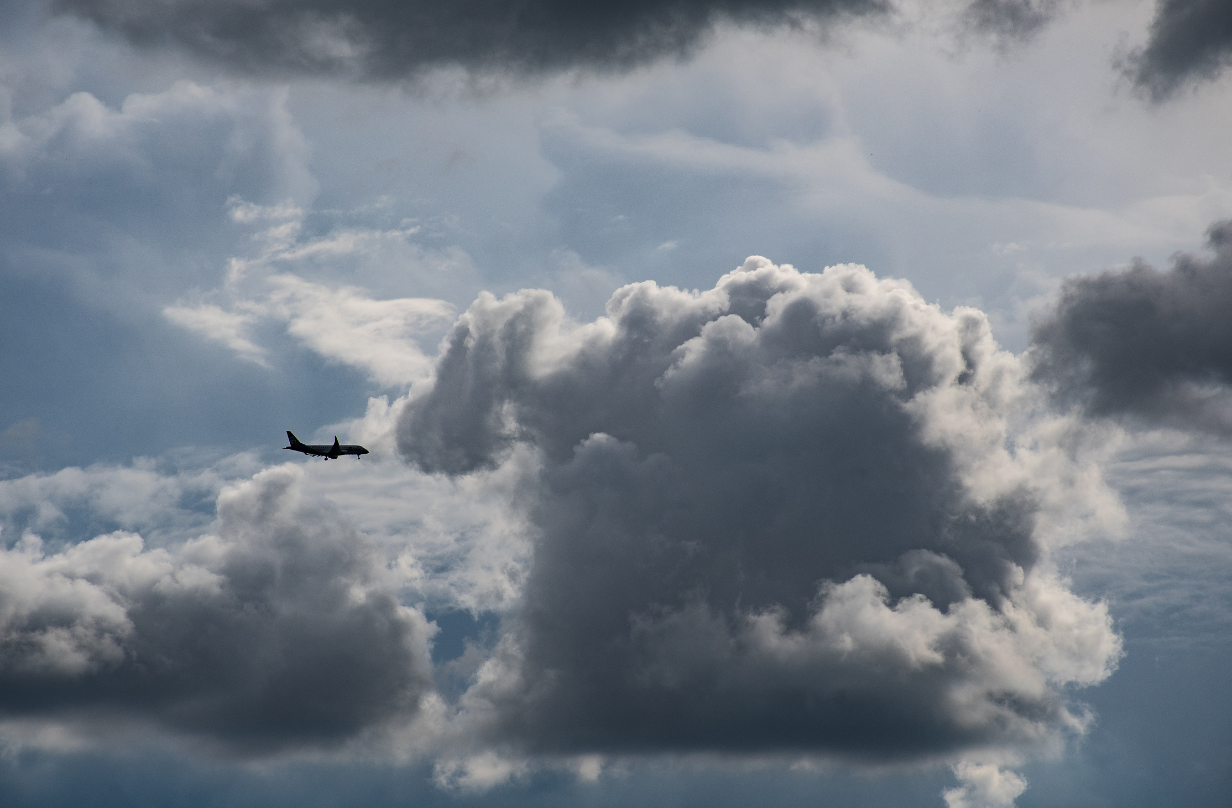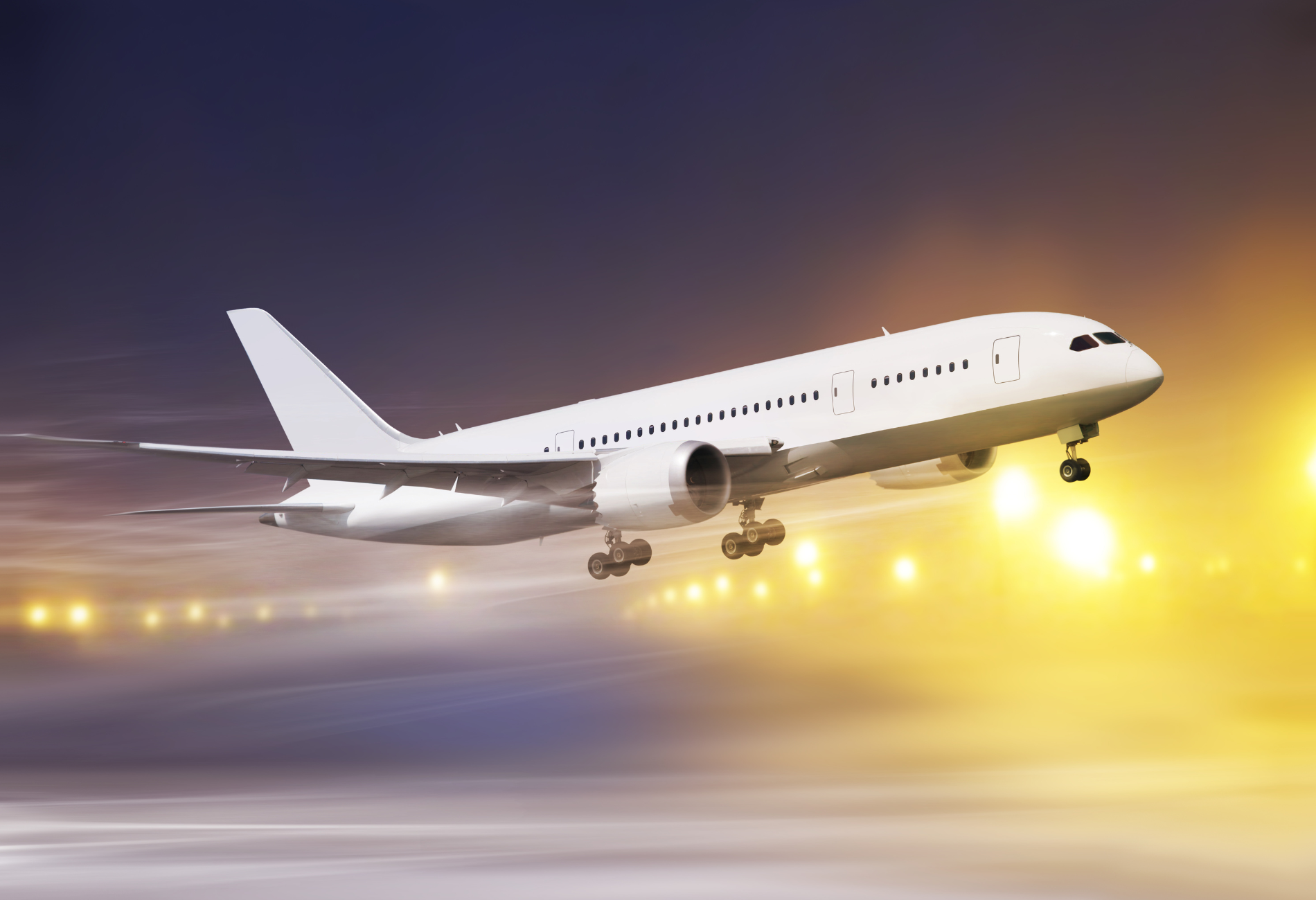It is not just you. It seems like every day, there is another airline story of severe turbulence, injuring passengers and even leaving some in the hospital. Most of us (have to leave room for thrill-seekers) do not sign up for a roller coaster in the sky, but when nature strikes, the smoothness of our flight is beyond our control.
Just recently, seven passengers on a Lufthansa flight were hospitalized, due to severe turbulence occurring 90 minutes after takeoff from Austin, Texas, to Frankfurt, Germany. In a separate incident on March 2, a flight from Germany to Mauritius reported 20 injured passengers, and in January, at least 36 were injured on a flight to Hawaii due to a cloud that caused that unusually forceful turbulence.
Although the location of these incidents varies, they all share one common factor: experiencing extreme changes in climate. As turbulent flights become more frequent and severe, scientists say climate change is to blame. Paul Williams, a professor of atmospheric science shared, “Typically, on a transatlantic flight, you might expect 10 minutes of turbulence. I think that in a few decades, this may increase to 20 minutes or to half an hour.”
How does airplane turbulence occur?
According to the FAA, turbulence can be attributed to several factors, such as atmospheric pressure, jet streams, air surrounding mountains, cold or warm weather fronts, or thunderstorms.
Convective weather, caused by the Earth’s heat, is often responsible for sudden changes in air movement. The rising air from Earth’s surface leads to vertical drafts that can cause an airplane to jolt and shake around. This turbulence can cause planes to rise or fall by anywhere from 3 feet to over 100 feet in severe cases.
Should we be worried about turbulence?
While we can’t control the weather or the laws of physics, we can control how we prepare for turbulence by wearing our seatbelts even when the seatbelt sign is off and not lingering in the aisles in case of an unexpected jolt. And remember, ignoring the pilot’s warning about turbulence is like ignoring the dentist’s warning about flossing – it will cost you later.









 by your friends at The Daily Navigator
by your friends at The Daily Navigator



